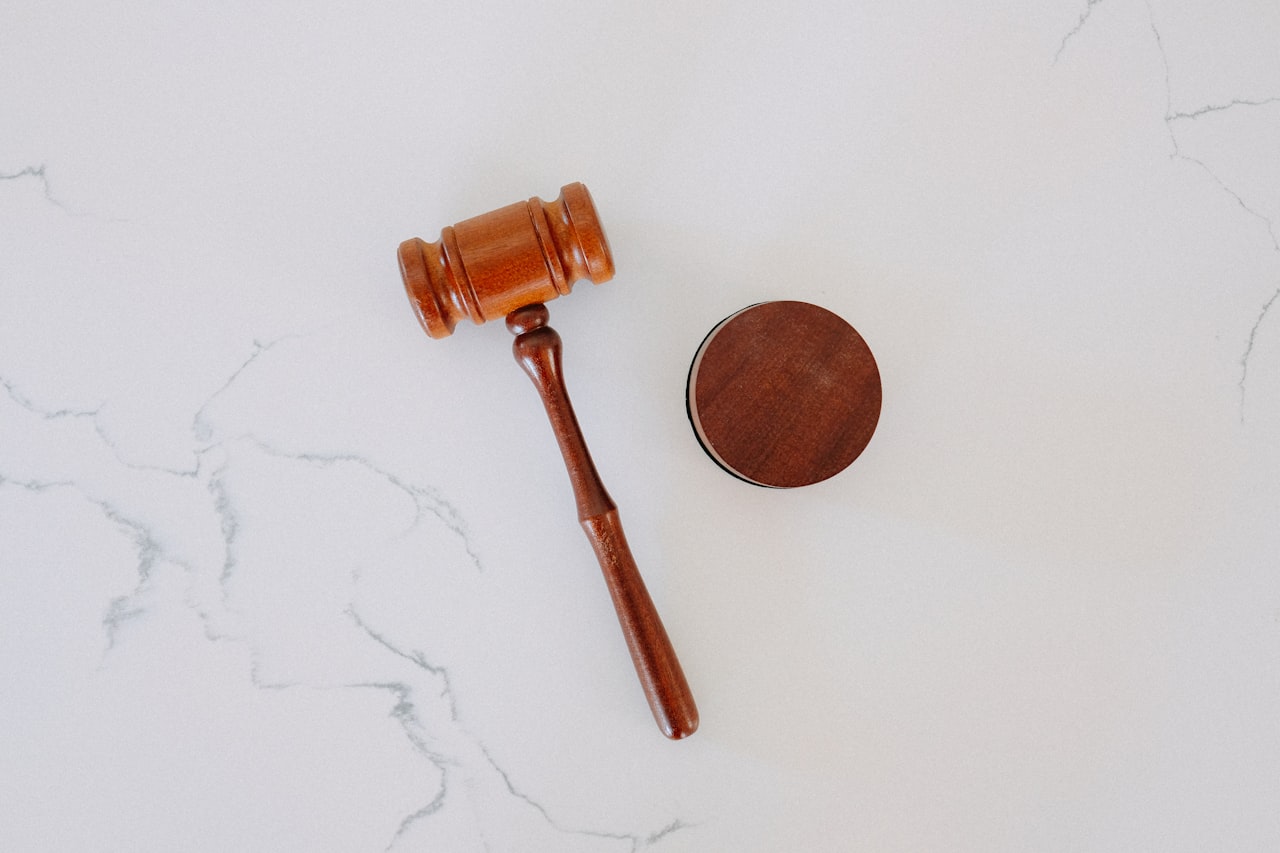When purchasing a house, it's important to have a thorough understanding of the property's condition before making an offer. This is where inspections come in. Inspections are designed to evaluate the condition of the property and identify any potential issues or areas of concern. In this blog post, we'll explore the typical types of inspections when purchasing a house and what inspections are the most important.
General home inspection
A general home inspection is one of the most important inspections when purchasing a house. This inspection evaluates the overall condition of the property, including the foundation, structure, roof, electrical, plumbing, and heating and cooling systems. The inspector will look for signs of wear and tear, damage, and potential safety hazards. The general home inspection can provide valuable information on the condition of the property and help you identify any potential issues that may need further evaluation.
Pest inspection
A pest inspection evaluates the property for any signs of infestation, including termites, rodents, and other pests. This inspection is important because it can identify any potential structural damage caused by pests, which can be costly to repair. Additionally, a pest inspection can help you identify any potential health hazards associated with pest infestations.
Radon inspection
A radon inspection evaluates the property for any presence of radon gas, which is a naturally occurring radioactive gas that can cause lung cancer. Radon is typically found in areas with high levels of uranium in the soil. A radon inspection is important because it can help you identify any potential health hazards associated with radon exposure.
Mold inspection
A mold inspection evaluates the property for any signs of mold growth. Mold can cause health problems, including respiratory issues and allergies. A mold inspection is important because it can identify any potential health hazards associated with mold growth.
Sewer inspection
A sewer inspection evaluates the property's sewer system for any potential issues, including clogs, leaks, and backups. A sewer inspection is important because it can identify any potential health hazards associated with sewage backups, which can be hazardous to your health and costly to repair.
Of these inspections, the general home inspection is typically the most important because it evaluates the overall condition of the property. However, the other inspections can be important depending on the specific concerns you have about the property. For example, if you are purchasing a property in an area with a high risk of radon exposure, a radon inspection may be particularly important.
In conclusion, when purchasing a house, it's important to have a thorough understanding of the property's condition before making an offer. Inspections are an essential part of this process and can help you identify any potential issues or areas of concern. By getting the right inspections, you can make an informed decision about whether a property is right for you.




